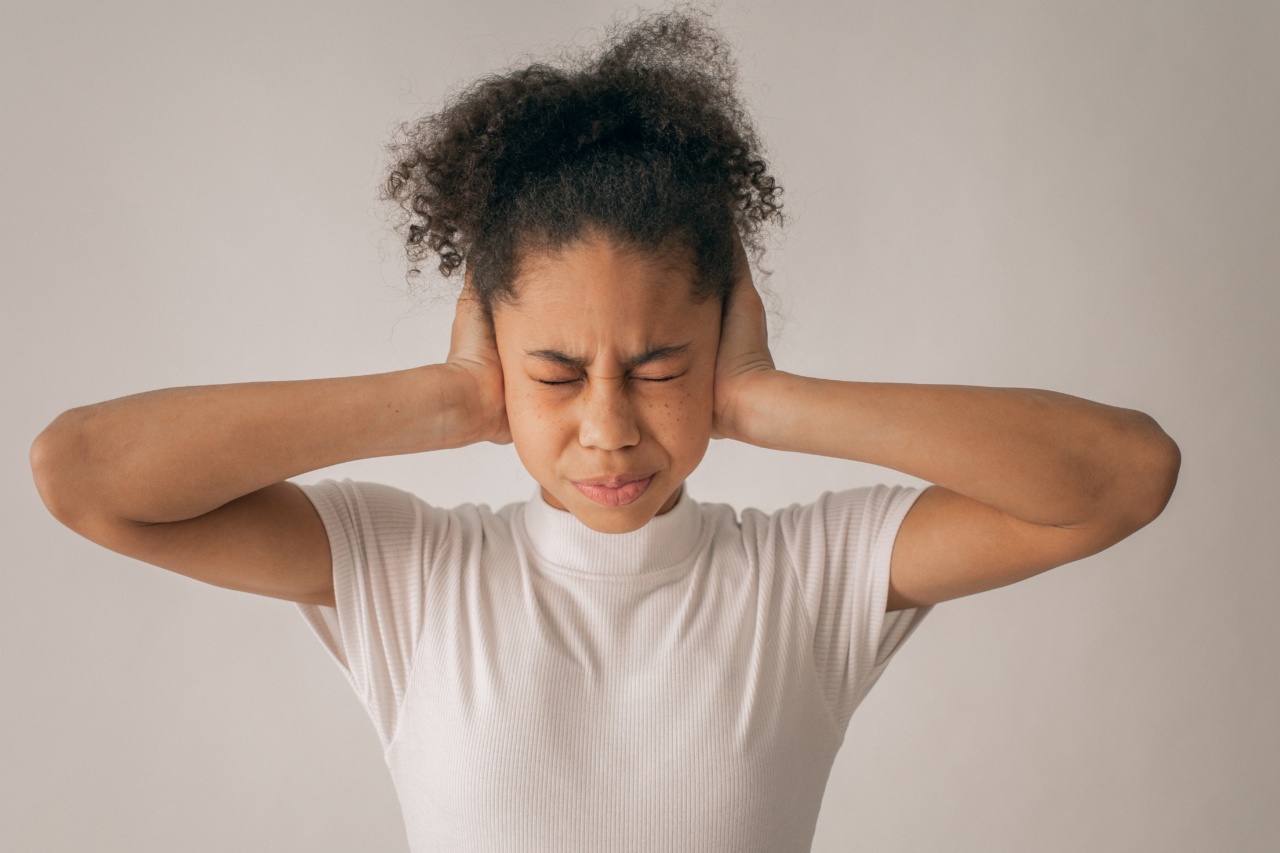Anxiety is a common mental health issue that affects people of all ages, including children. While anxiety is a normal response to stress, excessive and chronic anxiety can have detrimental effects on a child’s overall well-being.
In recent years, researchers have discovered that childhood anxiety can also have significant hormonal consequences. This article will explore the various hormonal changes that occur in children with anxiety and their potential long-term implications.
1. The Role of the Hypothalamic-Pituitary-Adrenal (HPA) Axis
The HPA axis is a complex system involving interactions between the hypothalamus, pituitary gland, and adrenal glands. It is primarily responsible for the regulation of stress response in the body.
When a child experiences anxiety, the HPA axis is activated, leading to the release of stress hormones, including cortisol.
2. Increased Cortisol Levels
Children with chronic anxiety often have elevated cortisol levels. Cortisol, known as the “stress hormone,” helps the body respond to perceived threats.
However, persistent high levels of cortisol can disrupt normal bodily functions and lead to a wide range of physical and psychological symptoms.
3. Impact on Brain Development
The continuous exposure to high levels of cortisol in anxious children can have a detrimental impact on the development of their brain.
Studies have suggested that elevated cortisol levels can impair the growth and functioning of the prefrontal cortex, which is responsible for executive functions such as decision-making and emotional regulation.
4. Disrupted Sleep Patterns
Anxiety often leads to disrupted sleep patterns in children. Sleep disturbances can further exacerbate anxiety symptoms and contribute to a vicious cycle.
Lack of quality sleep has been linked to hormonal imbalances, including increased cortisol production, which can further perpetuate anxiety symptoms.
5. Altered Serotonin Levels
Serotonin is a neurotransmitter that plays a crucial role in mood regulation. Children with anxiety may experience reduced serotonin levels, potentially contributing to their heightened anxious feelings.
Low serotonin levels have been associated with an increased likelihood of anxiety disorders.
6. Dysregulation of Dopamine
Dopamine is another neurotransmitter involved in regulating emotions and motivation. Dysregulation of dopamine levels has been observed in children with anxiety disorders.
This imbalance can affect their ability to experience pleasure, manage stress, and contribute to the development of anxiety-related symptoms.
7. Impact on the Immune System
Chronic anxiety has been linked to immune system dysfunction in children. The stress hormones released during anxiety can suppress the immune system, making children more susceptible to illnesses.
This can lead to frequent infections, longer recovery times, and overall compromised immune function.
8. Potential Long-Term Health Consequences
The hormonal consequences of childhood anxiety can have long-term health implications.
Persistent activation of the stress response system can increase the risk of developing various physical and mental health disorders later in life, including cardiovascular diseases, diabetes, depression, and anxiety disorders.
9. The Importance of Early Intervention
Given the significant impact of childhood anxiety on hormones and overall well-being, early intervention and effective treatment are imperative.
Identifying and addressing anxiety in children can help mitigate the hormonal consequences and promote healthier development.
10. Strategies for Managing Childhood Anxiety
There are several strategies parents, caregivers, and healthcare professionals can employ to help manage childhood anxiety and its hormonal consequences.
These may include cognitive-behavioral therapy, relaxation techniques, regular exercise, healthy lifestyle choices, and creating a supportive environment.































